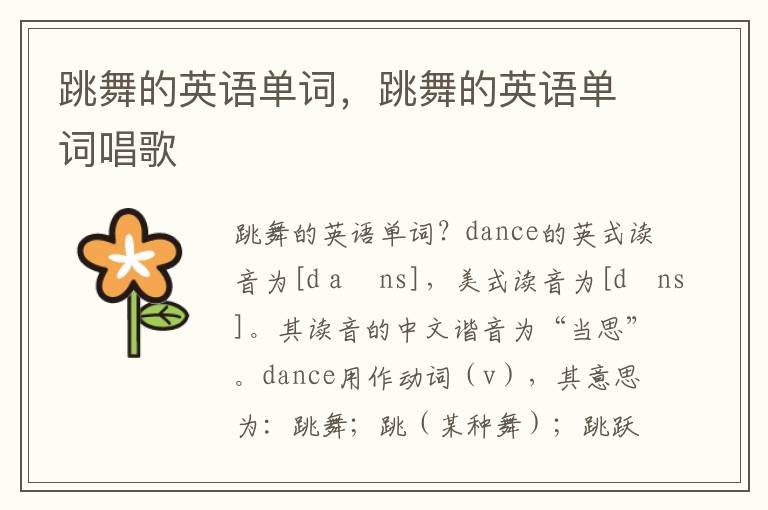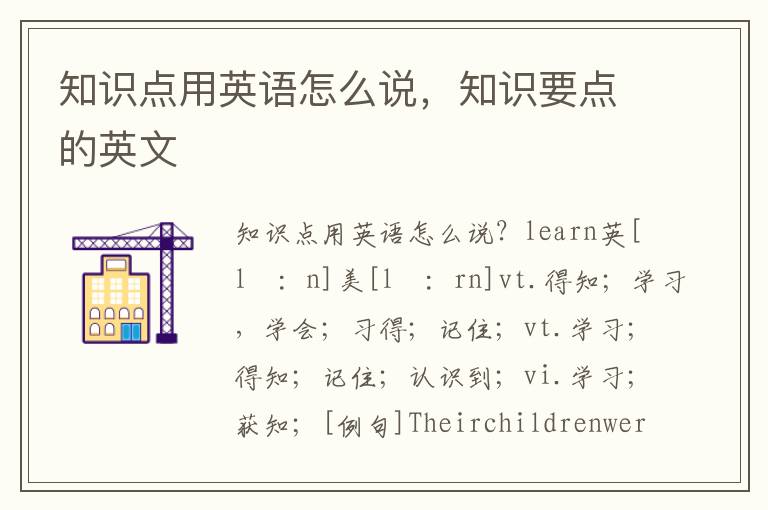【简介】感谢网友“雕龙文库”参与投稿,这里小编给大家分享一些,方便大家学习。
12. .法国二月革命 B 9304
In February 1848 the people of Paris rose in revolt against the constitutional monarchy of Louis-Philippe. Despite the existence of excellent narrative accounts, the February Days, as this revolt is called, have been largely ignored by social historians of the past two decades. For each of the three other major insurrections in nineteenth-century ParisJuly 1830, June 1848, and May 1871there exists at least a sketch of participants backgrounds and an analysis, more or less rigorous, of the reasons for the occurrence of the uprisings. Only in the case of the February Revolution do we lack a useful description of participants that might characterize it in the light of what social history has taught us about the process of revolutionary mobilization.
Two reasons for this relative neglect seem obvious. First, the insurrection of February has been overshadowed by that of June. The February Revolution overthrew a regime, to be sure, but met with so little resistance that it failed to generate any real sense of historical drama. Its successor, on the other hand, appeared to pit key socioeconomic groups in a life-or-death struggle and was widely seen by contemporary observers as marking a historical departure. Through their interpretations, which exert a continuing influence on our understanding of the revolutionary process, the impact of the events of June has been magnified, while, as an unintended consequence, the significance of the February insurrection has been diminished. Second, like other successful insurrections, the events of February failed to generate the most desirable kinds of historical records. Although the June insurrection of 1848 and the Paris Commune of 1871 would be considered watersheds of nineteenth-century French history by any standard, they also present the social historian with a signal advantage: these failed insurrections created a mass of invaluable documentation as a by-product of authorities efforts to search out and punish the rebels.
Quite different is the outcome of successful insurrections like those of July 1830 and February 1848. Experiences are retold, but participants typically resume their daily routines without ever recording their activities. Those who played salient roles may become the objects of highly embellished verbal accounts or in rare cases, of celebratory articles in contemporary periodicals. And it is true that the publicly acknowledged leaders of an uprising frequently write memoirs. However, such documents are likely to be highly unreliable, unrepresentative, and unsystematically preserved, especially when compared to the detailed judicial dossiers prepared for everyone arrested following a failed insurrection. As a consequence, it may prove difficult or impossible to establish for a successful revolution a comprehensive and trustworthy picture of those who participated, or to answer even the most basic questions one might pose concerning the social origins of the insurgents.
12.1. According to the passage, a useful description of participants exists for which of the following insurrections of nineteenth-century France?
I. The July Insurrection of 1830
II. The February Revolution of 1848
III. The June insurrection of 1848
IV. The May insurrection of 1871
I and III only
II and IV only
I, II, and III only
I, III, and IV only
II, III, and IV only
12.2. It can be inferred from the passage that support for the objectives of the February Revolution was
negligible
misguided
fanatical
spontaneous
widespread
12.3. Which of the following, best describes the organization of the second paragraph?
The thesis of the passage is stated and supporting evidence systematically presented.
Two views regarding the thesis presented in the first paragraph are compared and contrasted.
Evidence refuting the thesis presented in the first paragraph is systematically presented.
The thesis presented in the first paragraph is systematically supported.
The thesis presented in the first paragraph is further defined and a conclusion drawn.
12.4. It can be inferred from the passage that the author considers which of the following essential for understanding a revolutionary mobilization?
A comprehensive theory of revolution that can be applied to the major insurrections of the nineteenth century
Awareness of the events necessary for a revolution to be successful
Access to narratives and memoirs written by eyewitnesses of a given revolution
The historical perspective provided by the passage of a considerable amount of time
Knowledge of the socioeconomic backgrounds of a revolutions participants
12.5. Which of the following can be inferred about the detailed judicial dossiers referred to in line 49?
Information contained in the dossiers sheds light on the social origins of a revolutions participants.
The dossiers closely resemble the narratives written by the revolutions leaders in their personal memoirs.
The information that such dossiers contain is untrustworthy and unrepresentative of a revolutions participants.
Social historians prefer to avoid such dossiers whenever possible because they are excessively detailed.
The February Revolution of 1848 produced more of these dossiers than did the June insurrection.
12.6. Which of the following is the most logical objection to the claim made in lines 38-39?
The February Revolution of 1848 is much less significant than the July insurrection of 1830.
The backgrounds and motivations of participants in the July insurrection of 1830 have been identified, however cursorily.
Even less is known about the July insurrection of 1830 than about the February Revolution of 1848.
Historical records made during the July insurrection of 1830 are less reliable than those made during the May insurrection of 1871.
The importance of the July insurrection of 1830 has been magnified at the expense of the significance of the February Revolution of 1848.
12.7. With which of the following statements regarding revolution would the author most likely agree?
Revolutionary mobilization requires a great deal of planning by people representing disaffected groups.
The objectives of the February Revolution were more radical than those of the June insurrection.
The process of revolutionary mobilization varies greatly from one revolution to the next.
Revolutions vary greatly in the usefulness of the historical records that they produce.
As knowledge of the February Revolution increases, chances are good that its importance will eventually eclipse that of the June insurrection.
12. .法国二月革命 B 9304
In February 1848 the people of Paris rose in revolt against the constitutional monarchy of Louis-Philippe. Despite the existence of excellent narrative accounts, the February Days, as this revolt is called, have been largely ignored by social historians of the past two decades. For each of the three other major insurrections in nineteenth-century ParisJuly 1830, June 1848, and May 1871there exists at least a sketch of participants backgrounds and an analysis, more or less rigorous, of the reasons for the occurrence of the uprisings. Only in the case of the February Revolution do we lack a useful description of participants that might characterize it in the light of what social history has taught us about the process of revolutionary mobilization.
Two reasons for this relative neglect seem obvious. First, the insurrection of February has been overshadowed by that of June. The February Revolution overthrew a regime, to be sure, but met with so little resistance that it failed to generate any real sense of historical drama. Its successor, on the other hand, appeared to pit key socioeconomic groups in a life-or-death struggle and was widely seen by contemporary observers as marking a historical departure. Through their interpretations, which exert a continuing influence on our understanding of the revolutionary process, the impact of the events of June has been magnified, while, as an unintended consequence, the significance of the February insurrection has been diminished. Second, like other successful insurrections, the events of February failed to generate the most desirable kinds of historical records. Although the June insurrection of 1848 and the Paris Commune of 1871 would be considered watersheds of nineteenth-century French history by any standard, they also present the social historian with a signal advantage: these failed insurrections created a mass of invaluable documentation as a by-product of authorities efforts to search out and punish the rebels.
Quite different is the outcome of successful insurrections like those of July 1830 and February 1848. Experiences are retold, but participants typically resume their daily routines without ever recording their activities. Those who played salient roles may become the objects of highly embellished verbal accounts or in rare cases, of celebratory articles in contemporary periodicals. And it is true that the publicly acknowledged leaders of an uprising frequently write memoirs. However, such documents are likely to be highly unreliable, unrepresentative, and unsystematically preserved, especially when compared to the detailed judicial dossiers prepared for everyone arrested following a failed insurrection. As a consequence, it may prove difficult or impossible to establish for a successful revolution a comprehensive and trustworthy picture of those who participated, or to answer even the most basic questions one might pose concerning the social origins of the insurgents.
12.1. According to the passage, a useful description of participants exists for which of the following insurrections of nineteenth-century France?
I. The July Insurrection of 1830
II. The February Revolution of 1848
III. The June insurrection of 1848
IV. The May insurrection of 1871
I and III only
II and IV only
I, II, and III only
I, III, and IV only
II, III, and IV only
12.2. It can be inferred from the passage that support for the objectives of the February Revolution was
negligible
misguided
fanatical
spontaneous
widespread
12.3. Which of the following, best describes the organization of the second paragraph?
The thesis of the passage is stated and supporting evidence systematically presented.
Two views regarding the thesis presented in the first paragraph are compared and contrasted.
Evidence refuting the thesis presented in the first paragraph is systematically presented.
The thesis presented in the first paragraph is systematically supported.
The thesis presented in the first paragraph is further defined and a conclusion drawn.
12.4. It can be inferred from the passage that the author considers which of the following essential for understanding a revolutionary mobilization?
A comprehensive theory of revolution that can be applied to the major insurrections of the nineteenth century
Awareness of the events necessary for a revolution to be successful
Access to narratives and memoirs written by eyewitnesses of a given revolution
The historical perspective provided by the passage of a considerable amount of time
Knowledge of the socioeconomic backgrounds of a revolutions participants
12.5. Which of the following can be inferred about the detailed judicial dossiers referred to in line 49?
Information contained in the dossiers sheds light on the social origins of a revolutions participants.
The dossiers closely resemble the narratives written by the revolutions leaders in their personal memoirs.
The information that such dossiers contain is untrustworthy and unrepresentative of a revolutions participants.
Social historians prefer to avoid such dossiers whenever possible because they are excessively detailed.
The February Revolution of 1848 produced more of these dossiers than did the June insurrection.
12.6. Which of the following is the most logical objection to the claim made in lines 38-39?
The February Revolution of 1848 is much less significant than the July insurrection of 1830.
The backgrounds and motivations of participants in the July insurrection of 1830 have been identified, however cursorily.
Even less is known about the July insurrection of 1830 than about the February Revolution of 1848.
Historical records made during the July insurrection of 1830 are less reliable than those made during the May insurrection of 1871.
The importance of the July insurrection of 1830 has been magnified at the expense of the significance of the February Revolution of 1848.
12.7. With which of the following statements regarding revolution would the author most likely agree?
Revolutionary mobilization requires a great deal of planning by people representing disaffected groups.
The objectives of the February Revolution were more radical than those of the June insurrection.
The process of revolutionary mobilization varies greatly from one revolution to the next.
Revolutions vary greatly in the usefulness of the historical records that they produce.
As knowledge of the February Revolution increases, chances are good that its importance will eventually eclipse that of the June insurrection.








